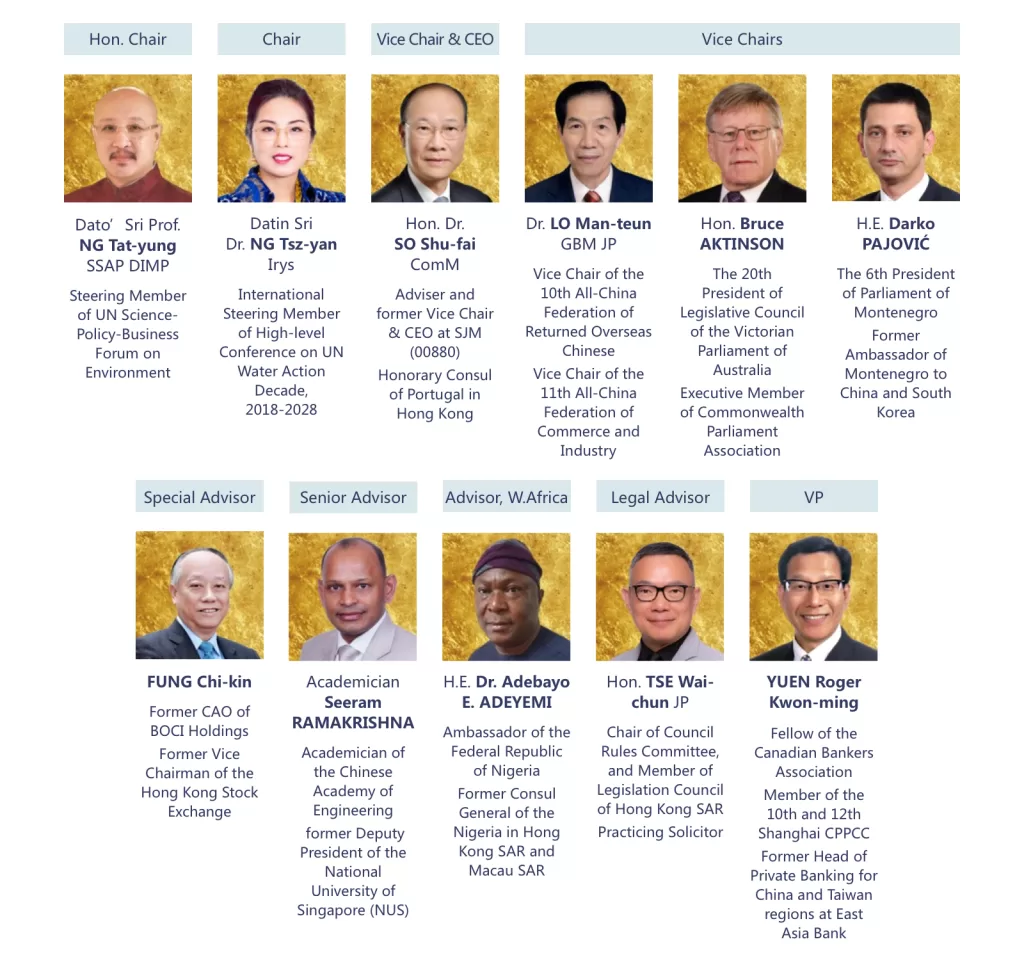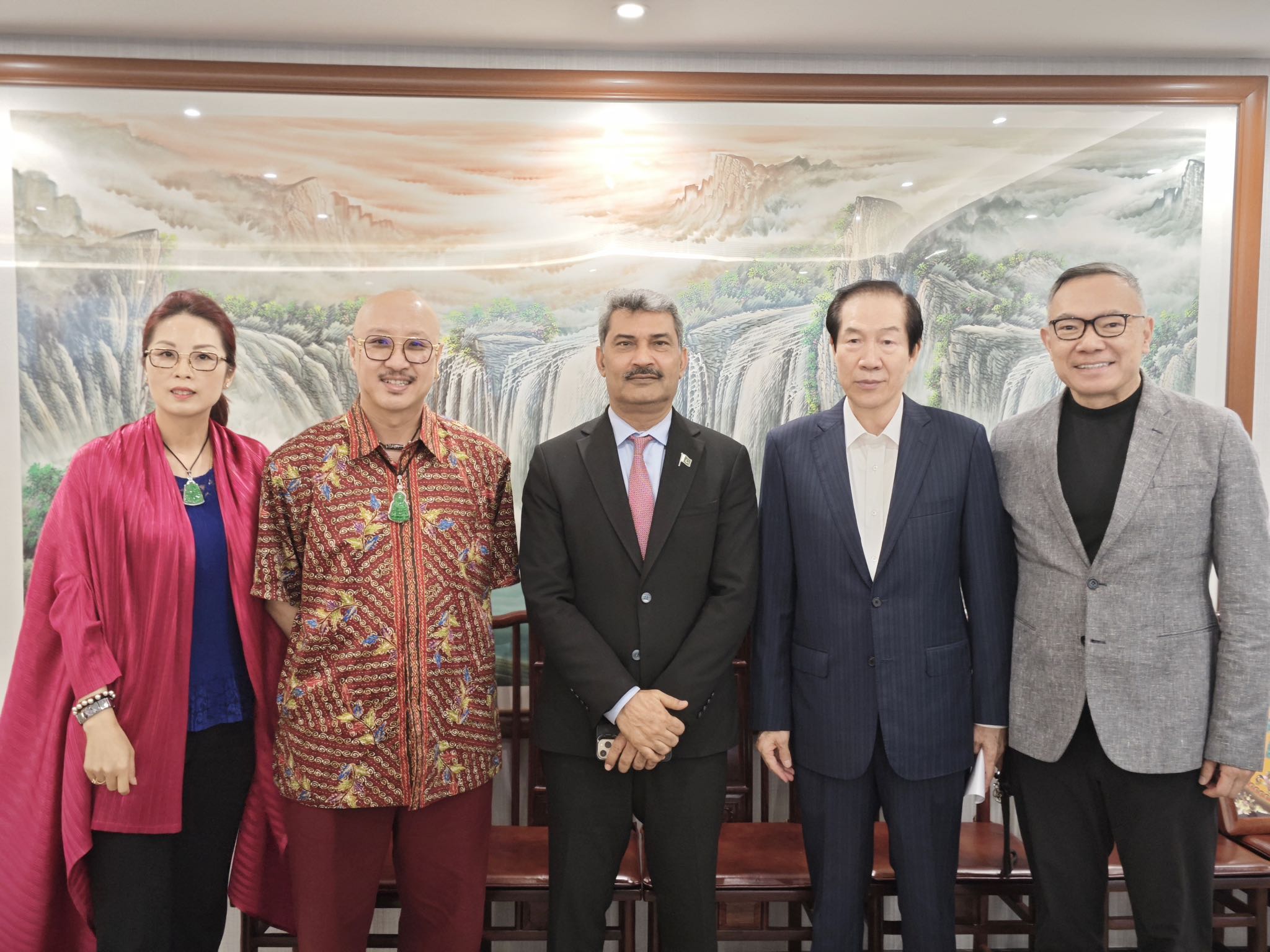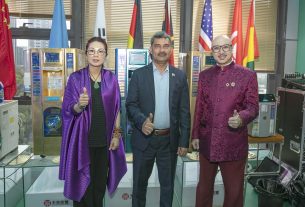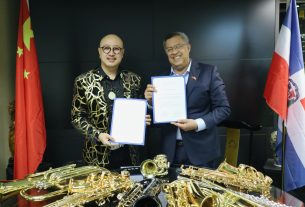Recently, Dato’ Sri Prof. NG Tat-yung, SSAP, the founder of the World Trade United Foundation, executive chairman of the Global Water Fund for Sustainable Development, and inventor of the atmospheric water generation and his team met with H.E. Mr. Riaz Ahmed SHAIKH, the Consul General of the Islamic Republic of Pakistan in Hong Kong. The two sides exchanged on the use of air-water technology to alleviate the recent water conflict between Pakistan and India. Attending the meeting were Datin Sri Dr. NG Tsz-yan Irys, the chairman of the central council of the World Trade United Foundation and chairman of AirWater Tech; Dr. LO Man-tuen, GBM JP, the chairman of Hong Kong Council of the Chinese Peaceful Unification Promotion Association, Vice Chairman of the 10th All-China Federation of Returned Overseas Chinese, Permanent Honorary Chairman of the World Trade United Foundation, and Vice Chairman of AirWater Tech; and Hon. Paul Tse Wai-chun JP, Chairman for the Committee on Rules of Procedure and Deputy Chairman for the Public Accounts Committee of the Legislative Council of Hong Kong, Chairman of the Executive Council of the World Trade Association, and Legal Advisor of AirWater Tech.
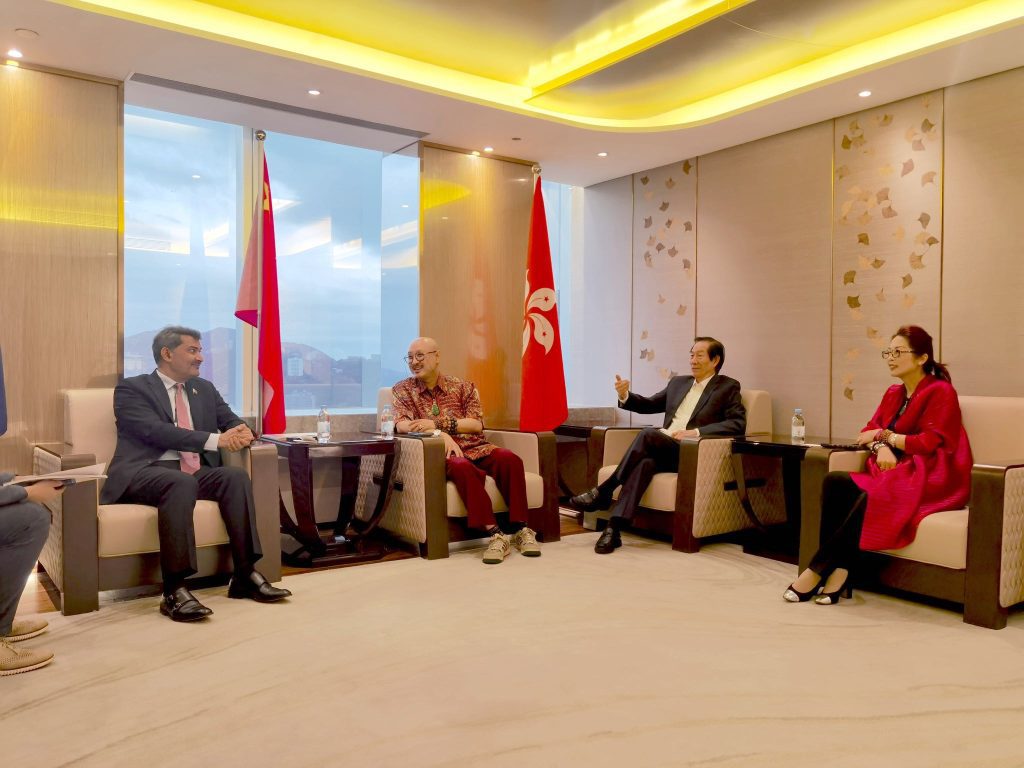
Dato’ Sri NG Tat-yung: Atmospheric Water Generation Can Solve Global Water Security Dilemmas
Dato’ Sri Prof. NG Tat-yung stated that 2.2 billion people globally lack access to clean drinking water, 3.5 billion lack safely managed sanitation facilities, and nearly half of the world’s population faces high water stress. A World Resources Institute report shows that about 4 billion people experience high water stress for at least one month each year, meaning over 60% of available water resources in a region are consumed, leading to competition for water among users. Water resources should be a bond to nourish humanity, not a weapon to create conflicts. Technological innovation and global collaboration are the only ways to solve the water crisis. China and Pakistan will use AWG technology as a bond to safeguard the lives of the Pakistani people and explore “solutions for developing countries” for global water security and governance.
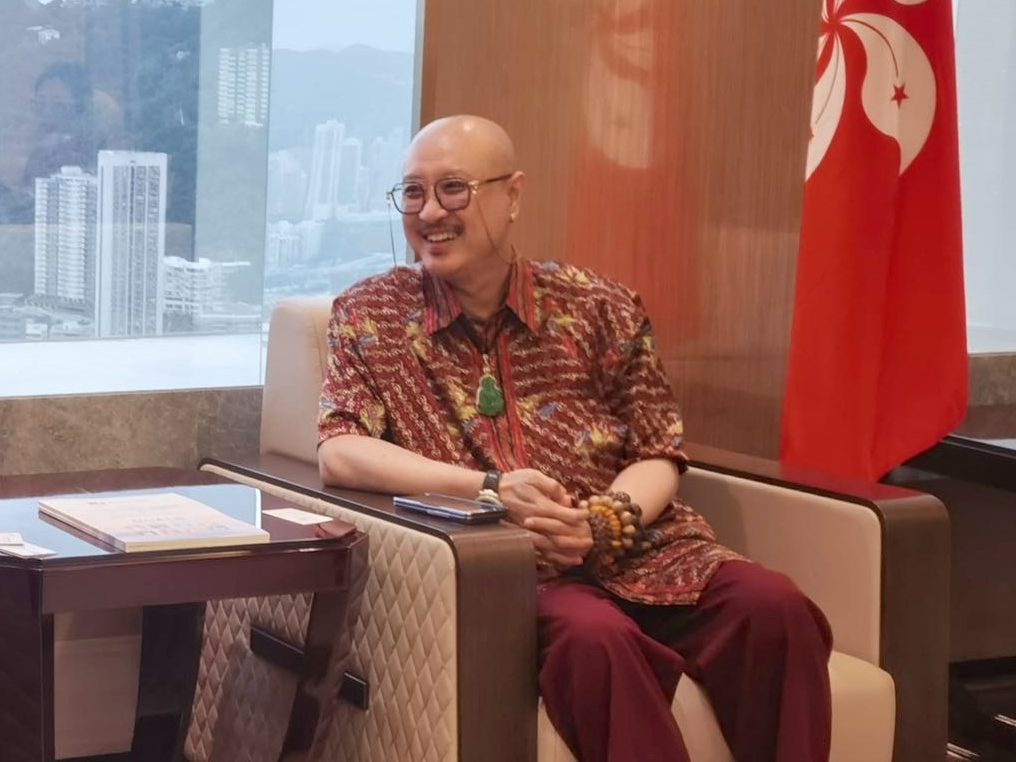
CG SHAIKH: Willing to Cooperate to Rewrite Pakistan’s Water Conflict Destiny
Pakistani Consul General SHAIKH said weaponizing water resources is unacceptable. Atmospheric water, like sunlight, is a natural resource. AWG technology can ensure water supply anywhere without geographical constraints. He expressed hope to establish good cooperative relations with the World Trade United Foundation and AirWater Tech to rewrite the country’s destiny of water conflicts.
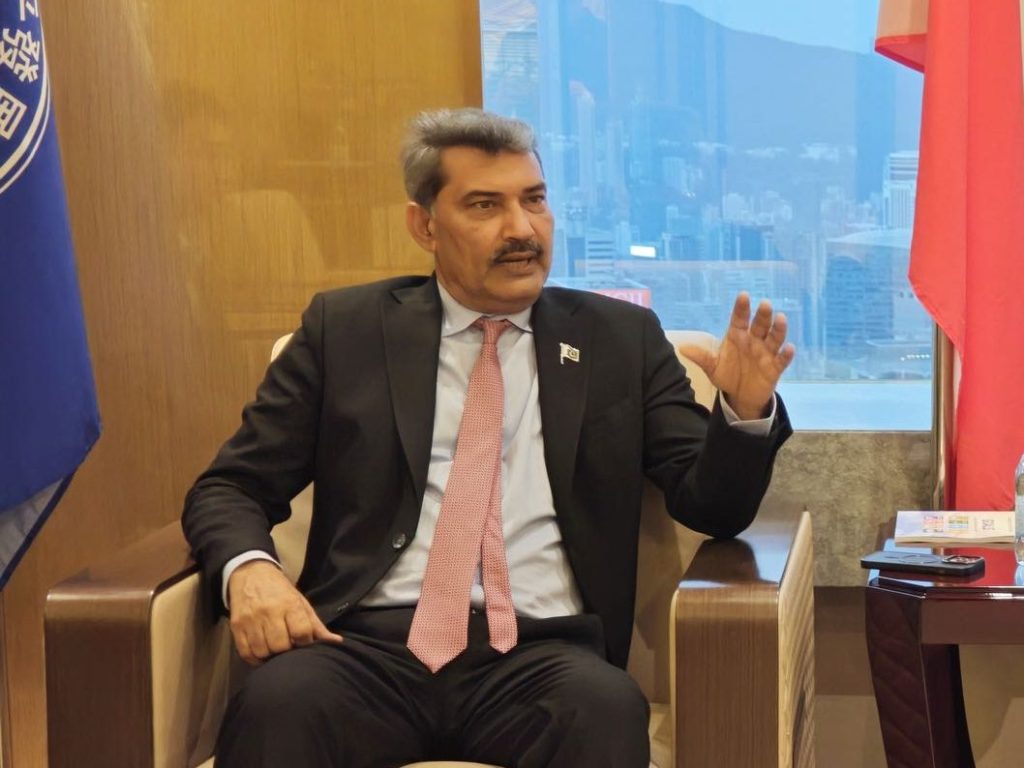
Datin Sri Irys NG: Providing 100,000 AWG Units to Aid Pakistan
Datin Sri Dr. Ng Tsz-yan Irys announced that the Global Water Fund for Sustainable Development, an implementing agency of the World Trade United Foundation, will launch a Pakistan aid initiative with AirWater Tech. The initiative plans to establish a HK$3 billion public welfare water fund, deploying 50,000 to 100,000 atmospheric water generation units in the first phase. Each unit can produce 10 to 30 liters of safe water daily, benefiting nearly one million people in water-scarce communities. The Foundation also urges international organizations, charities, and major local enterprises to join the initiative.
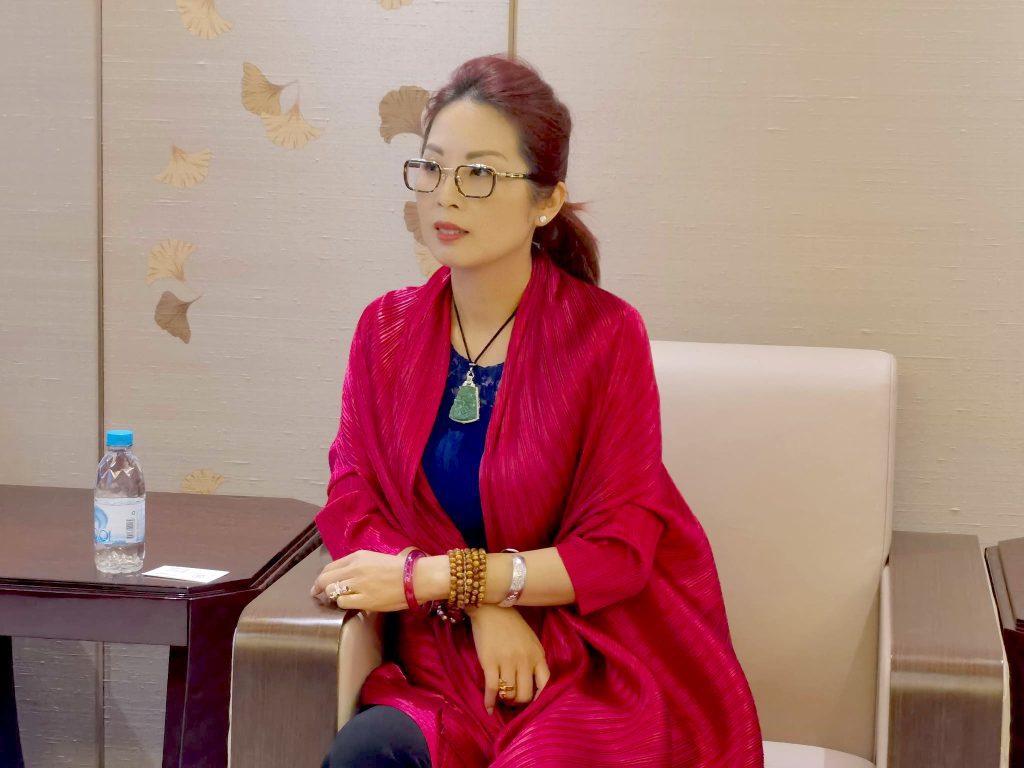
LO Man-tuen: Firmly Supporting Pakistan in Safeguarding Its Legitimate Rights
Dr. Lo Man-tuen stated that as a brotherly neighbor, China steadfastly supports Pakistan in upholding its legitimate rights. Citing State Councilor Wang Yi’s meeting with Pakistani Deputy Prime Minister and Foreign Minister Dar, he emphasized that China-Pakistan cooperation withstands all tests. “The Indus River is Pakistan’s ‘mother river,’ sustaining 90% of the country’s agricultural output and the livelihoods of 230 million people. In this critical hour, China not only opposes all forms of ‘water terrorism’ through diplomatic channels but also provides multi-dimensional support through concrete actions.”
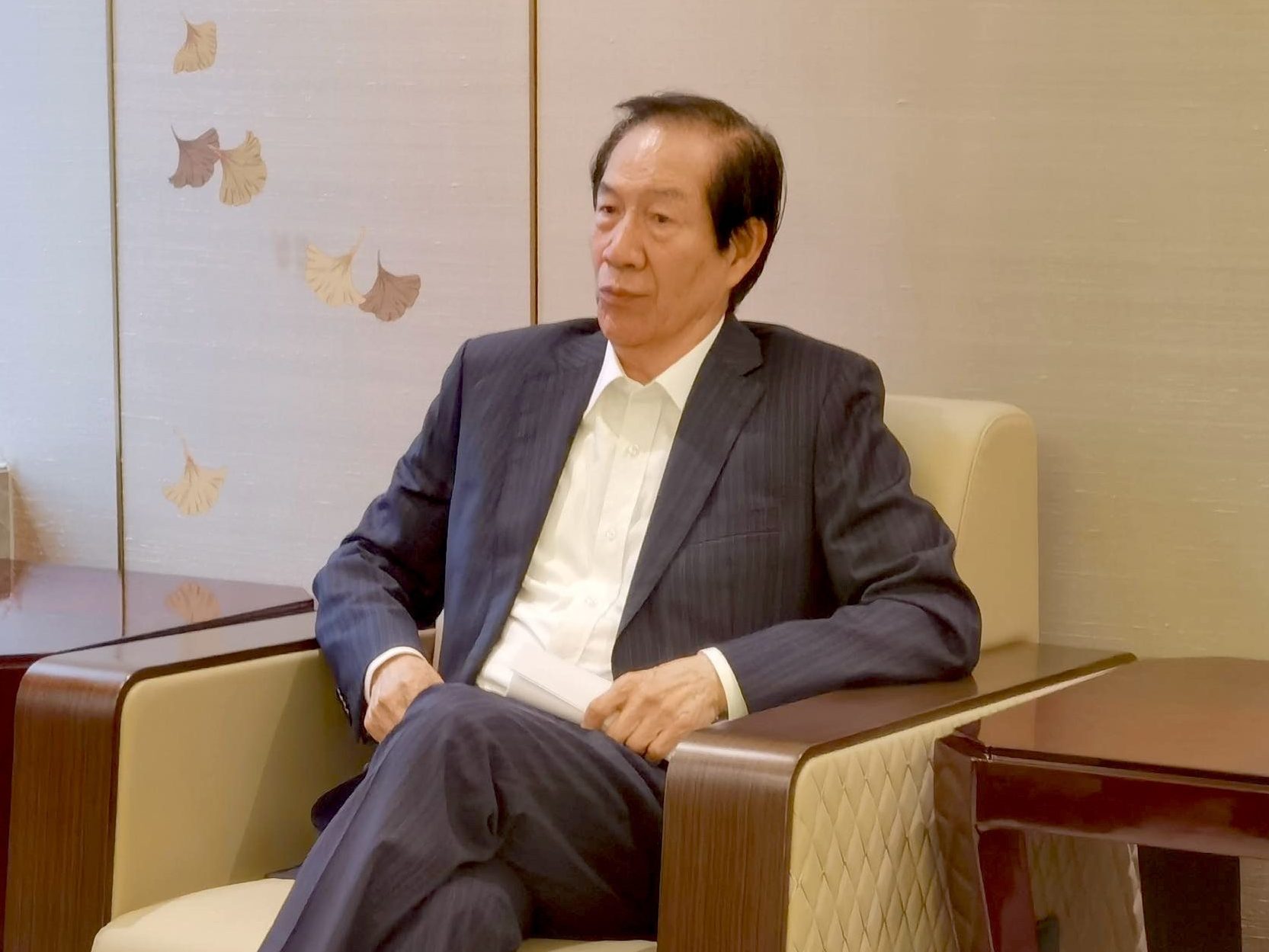
Paul Tse: Calling for Disputes to Be Submitted to the International Mediation Institute
Hon. Paul Tse Wai-chun said water resources should not be used as political tools. Noting that Hong Kong, as an international legal and dispute resolution center, has recently established the International Mediation Institute with 60 signatory countries, he urged India and Pakistan to immediately submit their disputes to the institute. “Hong Kong can provide neutral venues and legal support to help both sides resume negotiations within treaty frameworks, preventing severe consequences like global food supply chain disruptions.”
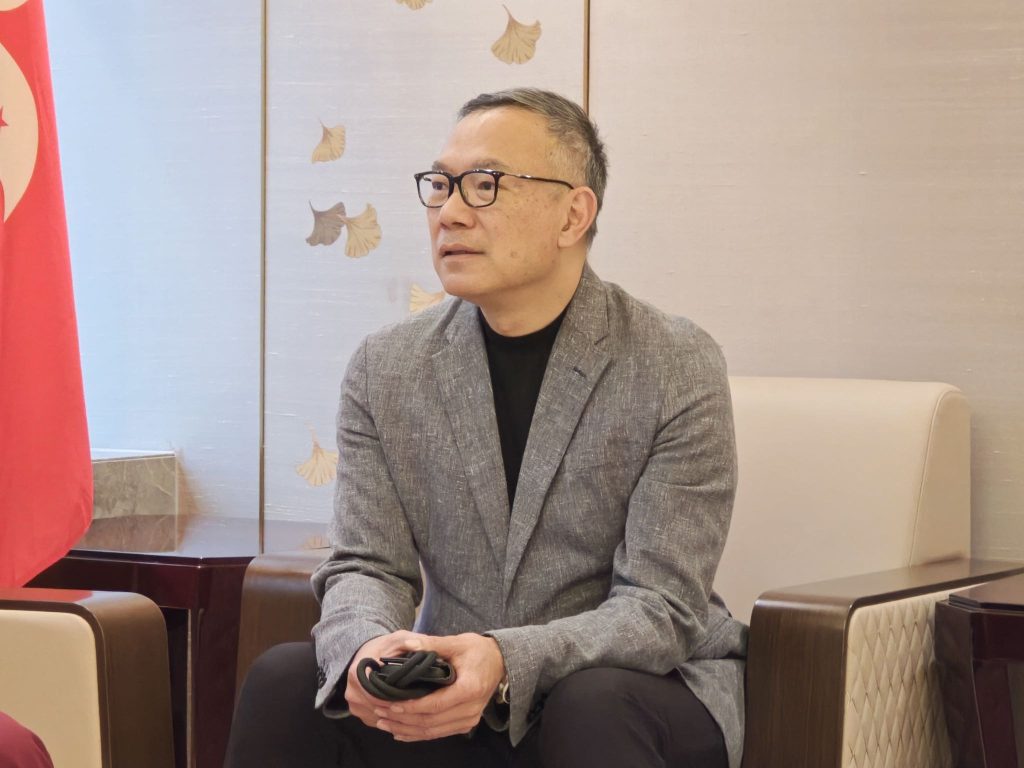
Background of India-Pakistan Water Conflicts
Pakistan’s Water Resources Overview
Pakistan is one of the world’s most water-scarce nations, relying heavily on the Indus River for both production and domestic use for its 200 million people. Declining groundwater quality and quantity have increased its dependence on the Indus. As the upper reaches of the Indus flow through India or Indian-administered Kashmir, long-standing India-Pakistan tensions pose grave threats to Pakistan’s water security. Outdated water usage technologies and severe waste compound the crisis.
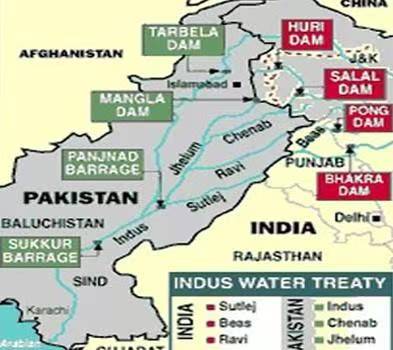
Root Causes of Conflict and Treaty Framework
The 1960 Indus Water Treaty, brokered by the World Bank, forms the cornerstone of water allocation between India and Pakistan. It grants India control over the eastern rivers (Ravi, Beas, Sutlej) and Pakistan primary usage rights over the western rivers (Indus, Jhelum, Chenab), with India permitted limited hydropower use of the western rivers without affecting downstream flows. However, population growth, climate change, and deteriorating bilateral relations have strained treaty implementation.
Recent Conflicts and Escalation
After the April 22, 2025, terrorist attack in Indian-administered Kashmir, India suspended the Indus Water Treaty under the pretext of “counterterrorism,” closing the gates of the Baglihar and Salal hydropower stations on the Chenab River and completely cutting water supplies to Pakistan. Although temporarily reopened on May 8 due to heavy rainfall, the stations were shut again, leaving Pakistani riverbeds dry, farmland cracked, and over 35 million people facing a food crisis. Pakistan has accused India of “water terrorism,” lodging a complaint with the UN and claiming the move violates international law.
India is accelerating water diversion projects on the Chenab River, planning to double the length of the Ranjit Sagar Canal and increase water extraction from 40 to 150 cubic meters per second, nearing treaty limits. This is seen as a “chokehold” on Pakistan’s agricultural lifeline, potentially slashing downstream irrigation water and threatening food security. Pakistani Prime Minister Shehbaz Sharif has warned that water blockades could prompt “full retaliation,” including military measures.
Kashmir, a territorial flashpoint, is also the source of Indus tributaries. India’s Uri Dam and other water projects in the region are viewed by Pakistan as strategic threats. In July 2024, India’s unannounced dam releases caused floods in Pakistani-administered Kashmir, inflicting over US$1 billion in economic losses and further escalating tensions.
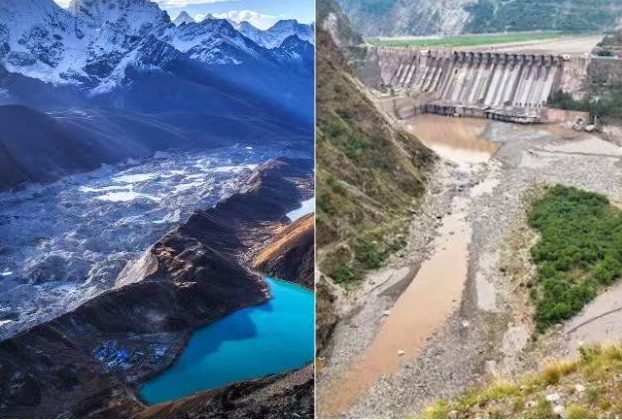

AirWater Tech Ltd
Achieve common prosperity; and quench the thirst of the world
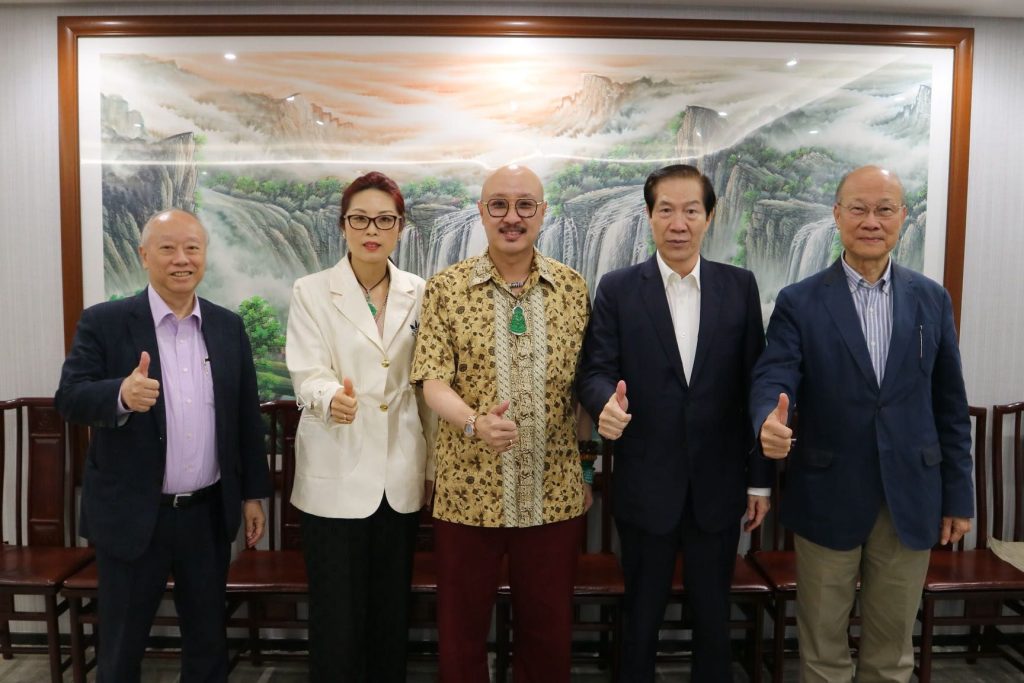


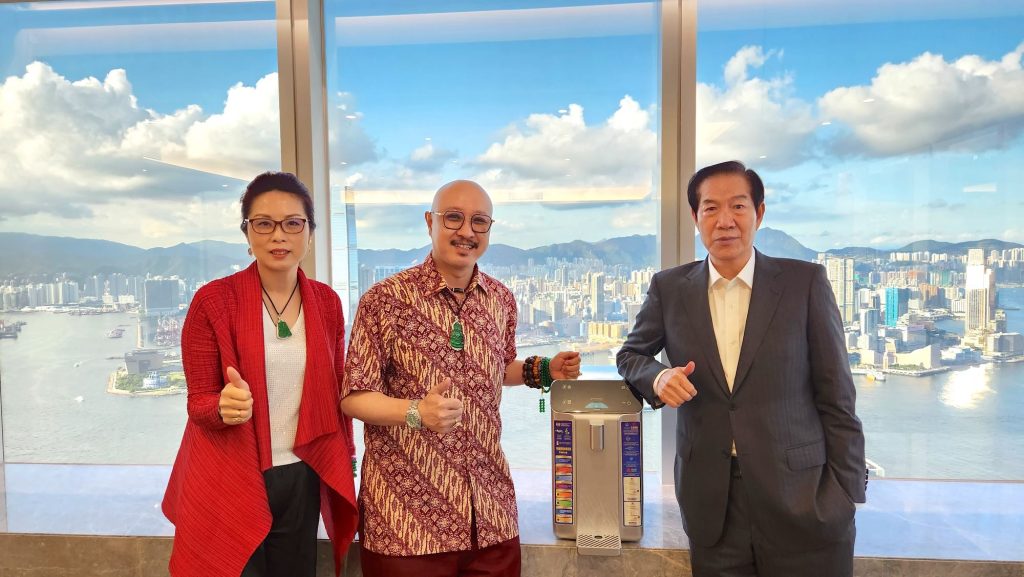
Based on global atmospheric water rights and related patents, AirWater Tech Ltd conducts business in Hong Kong, Southeast Asia markets and countries along the Belt and Road, including sales of Heaven Springs’ atmospheric water generation equipment, air-water beverages, air-water farming, air-water supply and sustainable urban construction with atmospheric water generation, involving home appliances, food and beverages, new agriculture, new energy, environmental protection, real estate and other industry sectors; at the same time, in line with Hong Kong’s policy on developing the status of an international virtual asset trading hub, the company is planning to issue security tokens (STO) and utility tokens such as atmospheric water rights that support the development of the atmospheric water industry.



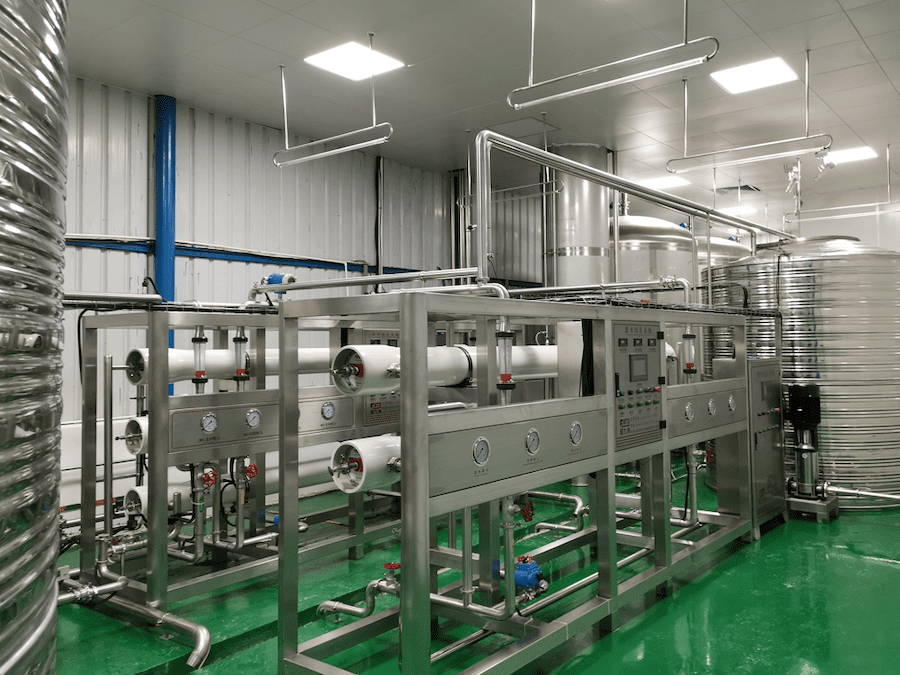
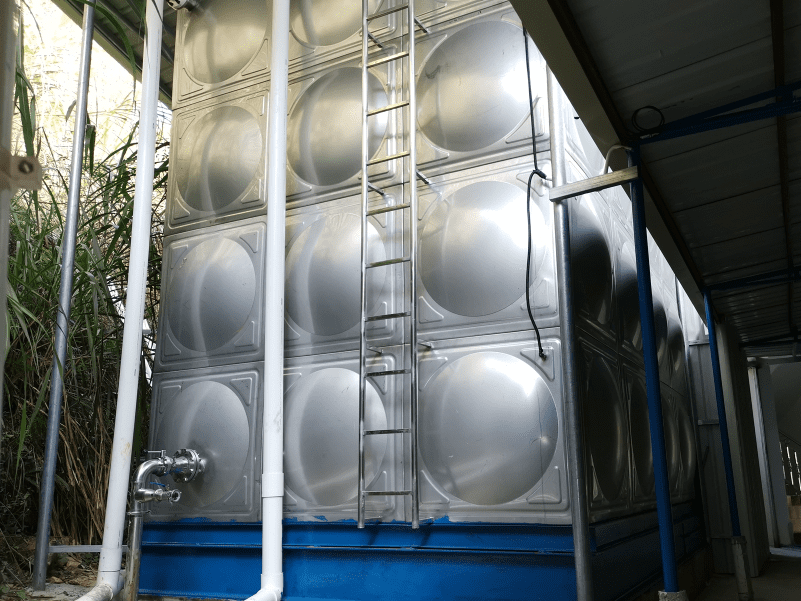
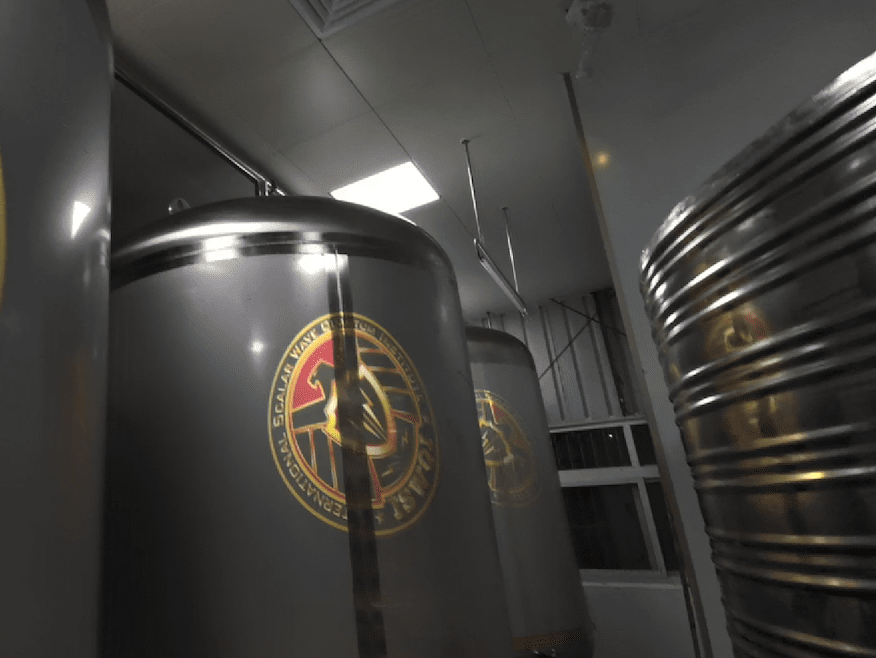

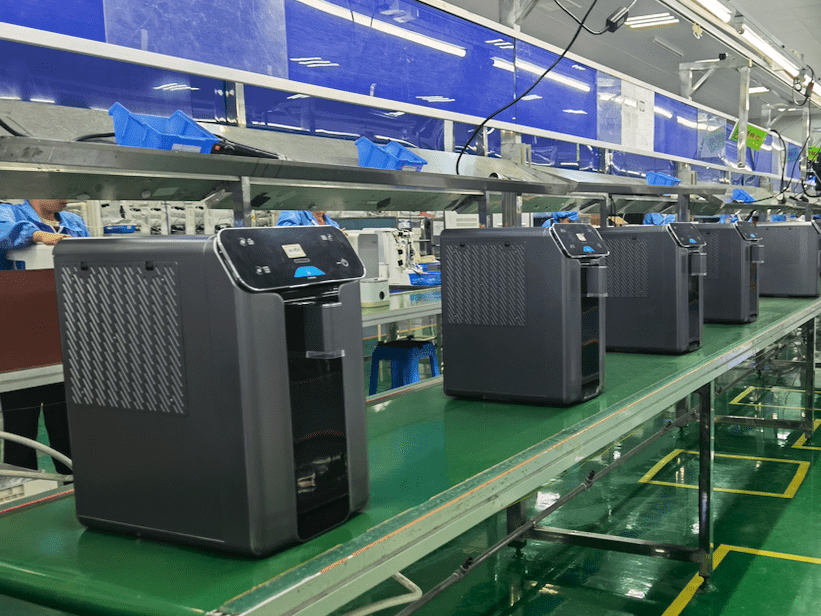
Build Air-Water Industry, Deploy Global Development
This development model that combines virtuality and reality can leverage the current booming potential of digital finance, use air-water technology as the fulcrum, air-water finance as the driving force, and air-water diplomacy as the platform to drive the commercialization of the air-water industry, effectively promote the formation of air-water economies. Ultimately, we hope that through the practice and popularization of global atmospheric water rights, all stakeholders of water resources such as governments, private sector and end-users will work together to optimize water policies and water resources management, promote the process of sustainable development, achieve common prosperity, and quench the thirst of the world, to help building a community with a common future for mankind.

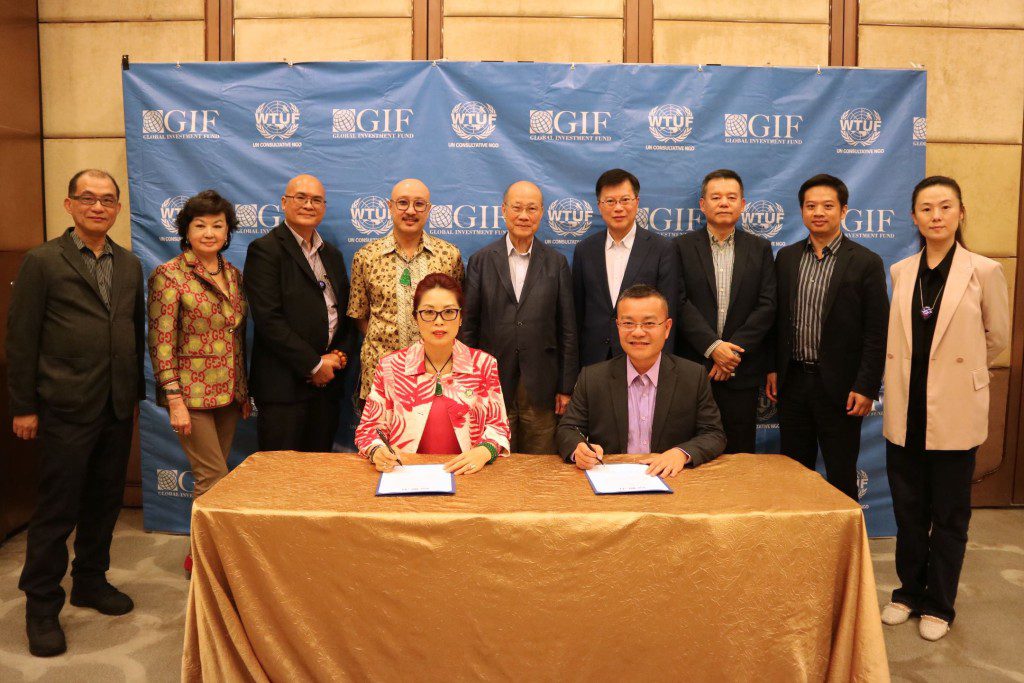
AirWater Tech Ltd is one of ventures in the portfolio on ESG investment of the Global Investment Fund. ST Group Holding limited is the major shareholder. Its individual shareholders are Dr. SO Shu-fai, ComM Director & corporate advisor and former Vice Chairman & CEO of SJM Holdings (00880), and Dr. LO Man-tuen, GBM, JP, Vice Chairman of 10th All-China Federation of Returned Overseas Chinese and the Chairman of China Peaceful Development General Summit of Hong Kong Macao Taiwan Diaspora Company Limited (HK).
Global Investment Fund is an arm of the World Trade United Foundation, an UN consultative NGO for financial service. It focuses on industries that are important to economic transformation and sustainable development. Its ventures must have unique competitiveness and highly feasible business models, and their products must be and services have significant growth potential in China and global markets.
The company’s senior management team includes celebrities from all walks of life in science, business and politics: Dato’ Sri Prof. NG Tat-yung, SSAP, the inventor of the atmospheric water generation system and member of steering committee of the United Nations Science-Policy-Business Forum on Environment, serves as the honorary chairman. Datin Sri Dr. NG Tsz-yan Irys, Member of international steering committee of High-Level Conference on Water Action Decade serves as chairman. Dr. SO Shu-fai, ComM, Director & corporate advisor and former Vice Chairman & CEO of SJM Holdings (00880) serves as vice chairman and CEO. Dr. LO Man-tuen, GBM, JP, Vice Chairman of 10th All-China Federation of Returned Overseas Chinese and the Chairman of China Peaceful Development General Summit of Hong Kong Macao Taiwan Diaspora Company Limited (HK), and Hon. Bruce ATKINSON former President of Legislative Council of Victorian Parliament in Australia serve as Vice Chairman. Fung Chi-kin, former CAO of BOCI Holdings and former Vice Chairman of the Hong Kong Stock Exchange serves as Special Advisor to the Chairman; Roger YUEN Kwong-ming, Fellow of the Canadian Bankers Institute and Deputy Chairman of the Hong Kong Institute of Economists Chairman, member of the 10th to 12th Shanghai CPPCC, first Head of Citibank Shanghai Branch, and former head of China and Taiwan Private Banking Department of Hong Kong Bank of East Asia, serves as vice president. Hon. Paul TSE Wai-chun, JP, Chairman of the Rules of Procedure Committee and member of the Hong Kong Legislative Council, and Solicitor serves as legal advisor.
